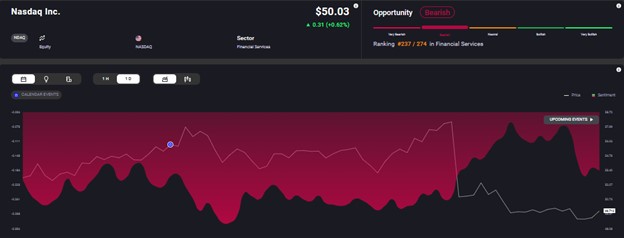July 24, 2023
By Acuity Trading
More news
Moody’s Has ‘Negative’ Rating for China. Why is Its Economy in Trouble?
Moody’s has reaffirmed its “negative” outlook on China’s sovereign credit rating. The credit ratings firm had lowered China’s rating from “stable” to...
Is Xi Jinping Shifting his Stance Towards Chinese Tech Companies?
On February 17, 2025, China’s President Xi Jinping called a meeting of prominent tech leaders in the country, including Alibaba’s co-founder, Jack...
